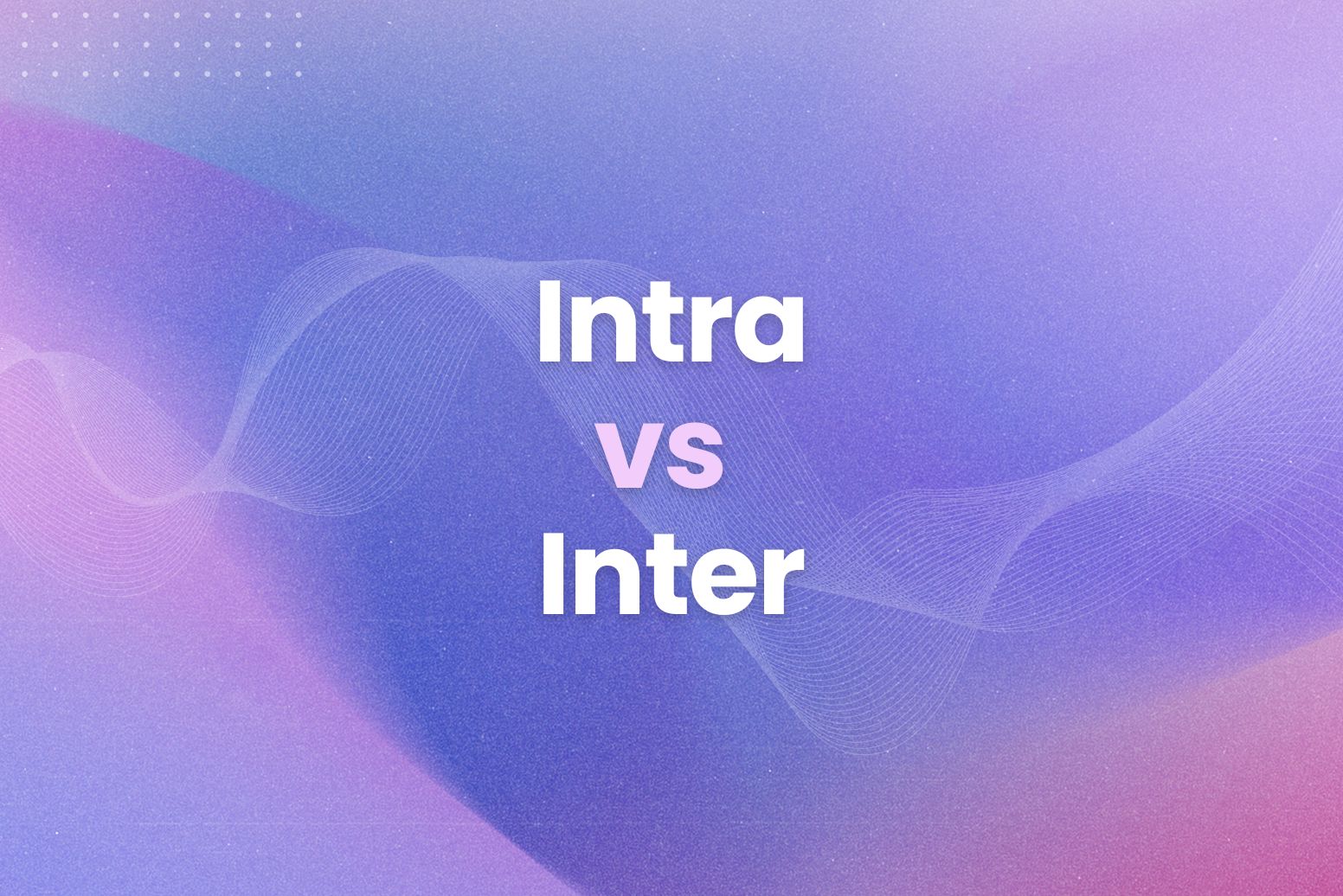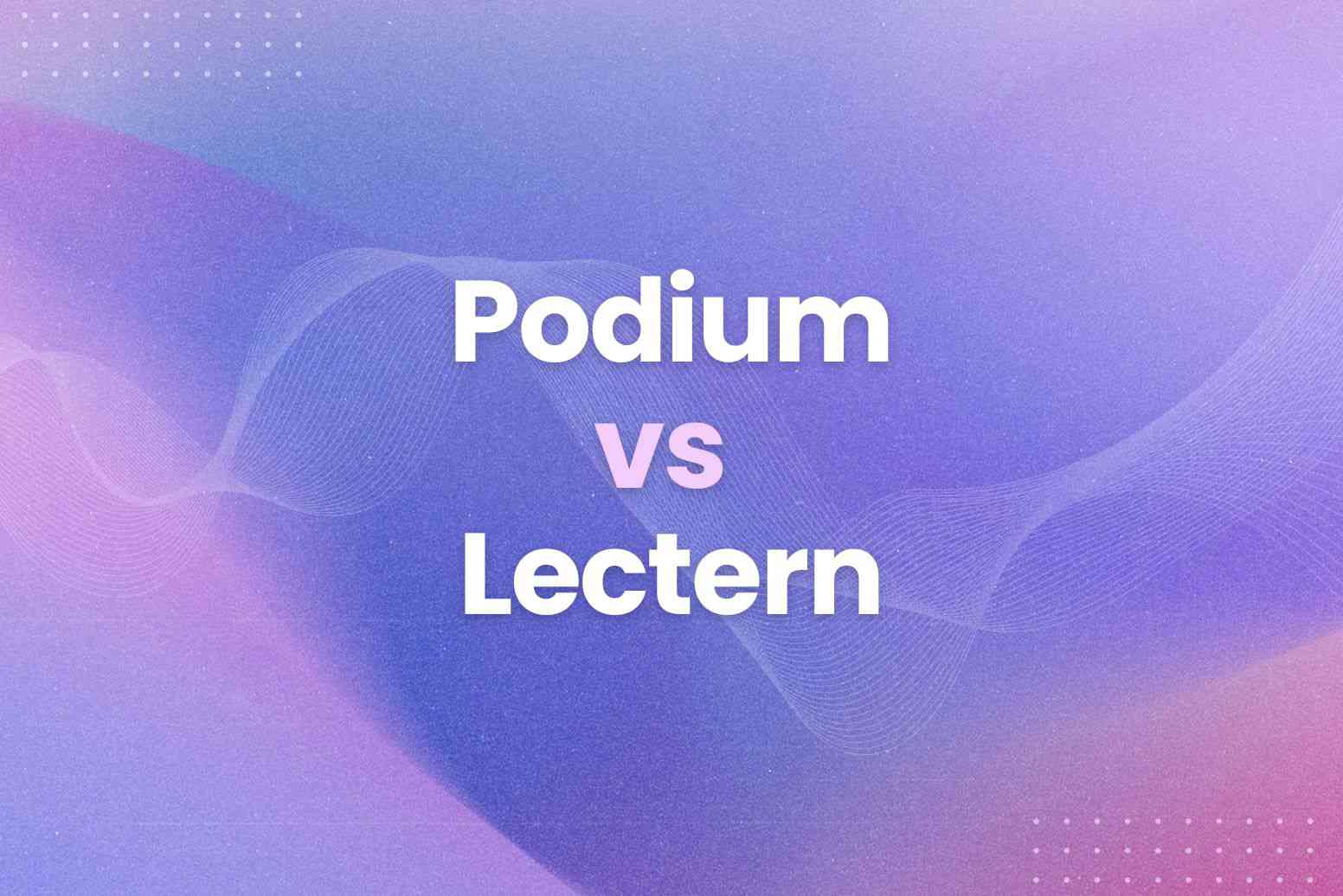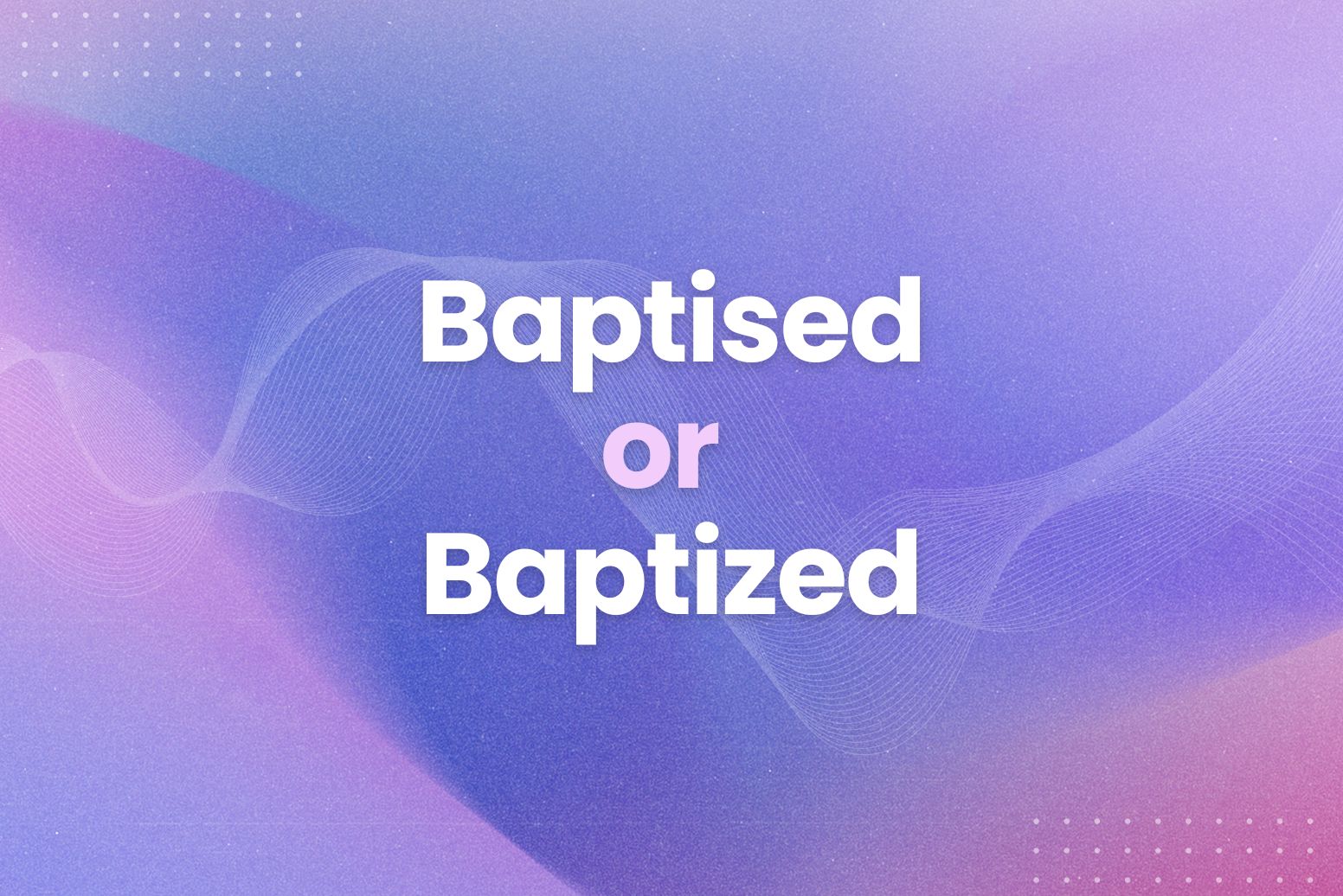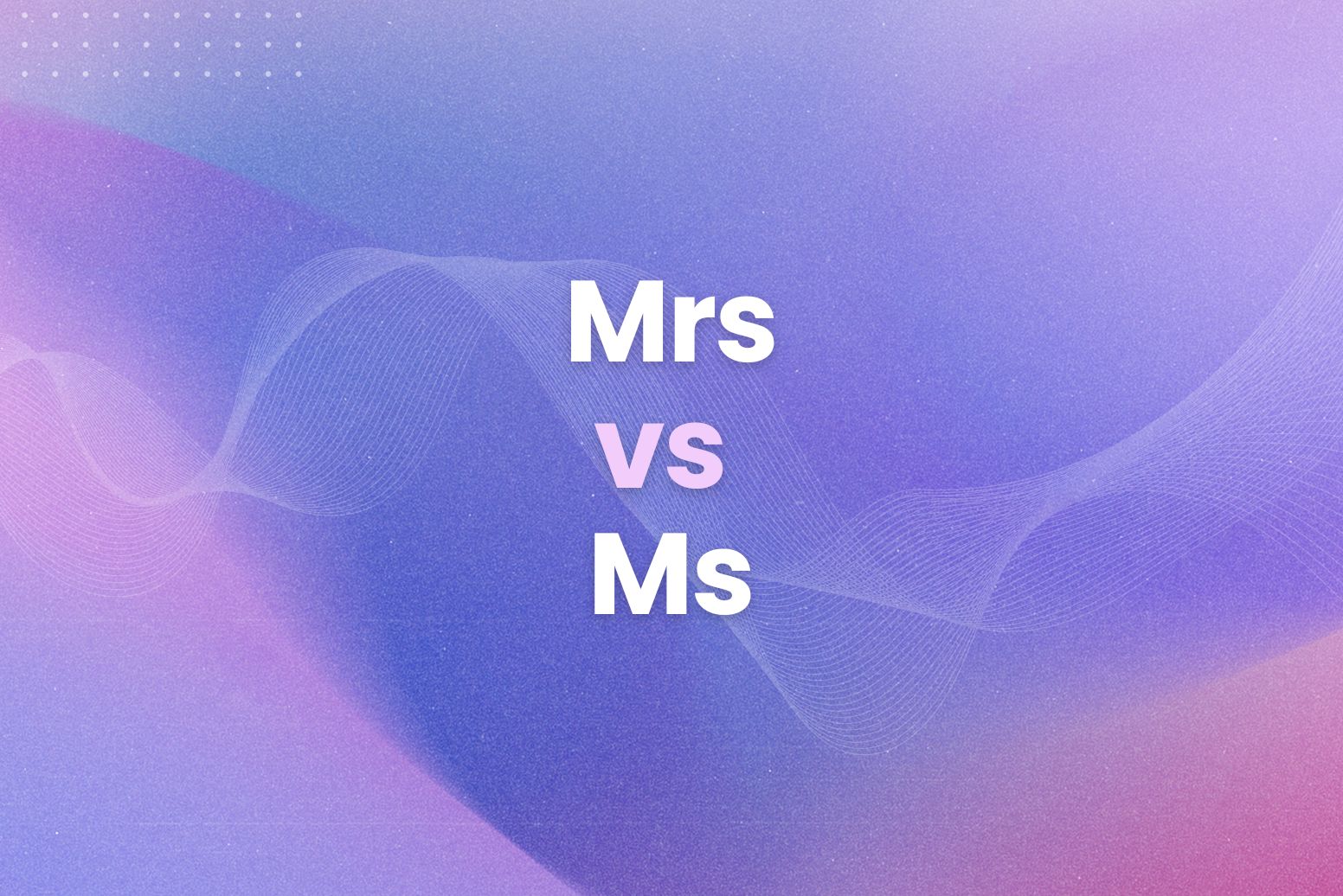When we talk about the definition of verbal irony today, it’s fascinating to trace its origins back to ancient Greek comedy. This timeless form of humor wasn’t just about laughs—it was a clever tool to critique society, challenge norms, and entertain audiences. The word itself, eironeia, meaning “feigned ignorance” in Greek, hints at how playwrights and philosophers wielded irony to reveal deeper truths. Doesn’t it make you wonder how something so rooted in the past still feels relevant today?
Ensure your essays are as sharp as your wit—use Arvin AI’s grammar checker today!
Definition of Verbal Irony
The definition of verbal irony is that it is a literary device or figure of speech in which a speaker says something but means the opposite, creating a contrast between the literal meaning of the words and the intended meaning.
It often relies on tone, context, and the audience’s understanding to recognize the underlying message.
Verbal Irony Examples
Imagine stepping outside into a torrential downpour and saying, “Wow, what perfect weather for a picnic!”
- The stark contrast between the miserable weather and the cheerful tone creates irony, humorously showing frustration.
When your friend shows up late to a group project and says, “Don’t worry, I’ll save the day!”
- Here, verbal irony points out their tardiness without directly accusing them.
If you burn dinner and your roommate says “Ah, a Michelin-star meal!” the compliment is ironic, highlighting the mistake with a playful jab.
Types and Definition of Verbal Irony
1. Sarcasm
Sarcasm is the most common type of verbal irony and is often used to mock or ridicule someone or something. It typically carries a sharper, biting tone, making the speaker’s intent obvious.
Example in Real Life:
When someone fails a simple task, their friend might say: “Well, that was genius!”
- The word “genius” is the opposite of what they truly mean.
In Friends, Chandler Bing’s sarcastic quips often highlight verbal irony, like when he says: “Could this BE any better?” in obviously terrible situations.
2. Overstatement (Hyperbolic Verbal Irony)
Overstatement uses exaggeration to emphasize the difference between the literal meaning and the intended meaning.
Example in Real Life:
After running a marathon, someone says: “I feel like I could run another hundred miles!”
- This is clearly not what they mean, as they are likely exhausted.
Literary Example:
In Pride and Prejudice, Mr. Bennet sarcastically exaggerates when talking to Mrs. Bennet:
“You mistake me, my dear. I have the highest respect for your nerves. They are my old friends.”
- His tone and context make it clear he means the opposite.
3. Understatement
This form of verbal irony minimizes the reality of a situation to highlight its significance or absurdity.
Example in Real Life:
After spilling coffee on themselves, someone says:
“Oh, just a small inconvenience.”
- The understatement emphasizes their frustration.
Literary Example:
In Romeo and Juliet, Mercutio refers to his fatal wound as a “scratch.”
- His understatement contrasts with the seriousness of his injury, adding dramatic irony to the scene.
4. Socratic Irony
This type of verbal irony occurs when someone pretends to be ignorant to expose another person’s flaws or lack of knowledge.
Example in Real Life:
A teacher might ask, “Oh, so you didn’t think studying for the test would help you?” knowing the student failed due to lack of preparation.
Historical Example:
Socrates himself used this technique in philosophical discussions, pretending not to know something to encourage others to reveal contradictions in their thinking.
5. Insincere Praise
This type of verbal irony involves giving false compliments to highlight flaws, mock someone, or make a critical point.
Example in Real Life:
A friend sees a messy room and says:
“Wow, I see you’ve been very organized!”
- The “praise” actually points out the opposite reality.
Pop Culture Example:
In Mean Girls, Regina George’s line, “Oh my God, I love your skirt! Where did you get it?” appears complimentary but is actually mocking, making it an example of insincere praise.
6. Dramatic Verbal Irony
This occurs when a character says something ironic, and the audience is fully aware of the irony, while other characters in the story may not be.
Example in Literature:
In Julius Caesar, Marc Antony’s repeated statement, “Brutus is an honorable man,” is deeply ironic. The audience understands he is using the phrase to discredit Brutus, but the characters in the crowd initially take his words at face value.
7. Situational Verbal Irony
This occurs when the speaker’s words reflect an unexpected twist or outcome.
- Example in Real Life:
When someone spends hours preparing for an event, only for it to get canceled, they might say:
“Well, that was totally worth it!”- The statement highlights the frustration of wasted effort.
From sarcasm to satire, nail every detail with perfect grammar. Try Arvin AI for flawless writing!
Definition of Verbal Irony in Literature
The definition of verbal irony in literature refers to situations where a character deliberately says something that contrasts with their actual meaning. It creates a deeper connection between the audience and the story by relying on context, tone, and the audience’s understanding to uncover the speaker’s true intent. Unlike regular conversation, in literature, verbal irony often serves a larger purpose—whether it’s to criticize societal norms, add humor, or highlight a character’s inner conflict.
For example, if a character in a tragic story sarcastically remarks, *“What a wonderful day!” after experiencing a personal disaster, their words carry verbal irony, emphasizing the contrast between what is said and the reality of their emotions.
How Verbal Irony Works in Literature
- Contradiction: The literal meaning of the character’s words opposes their intended message.
For instance, when a villain says, “You’ve done wonderfully,” after the hero fails, the intended meaning mocks the failure. - Subtlety: The audience or reader often picks up on the irony, even if other characters in the story do not.
This creates a layered reading experience where readers feel “in on the joke.” - Purposeful Tone: Verbal irony is typically used to critique, emphasize emotion, or add humor.
The Roots of Irony: Ancient Greek Comedy
Critiquing Society with Wit
For starters, ancient Greek playwrights used verbal irony as a way to hold a mirror to society. Through their plays, they would comment on politics, cultural norms, and even the quirks of everyday life. Take Aristophanes, for instance, whose works were filled with sarcasm and biting commentary.
- In his play Lysistrata, the characters sarcastically praise the ongoing wars while hatching a plan to end them. This contrast between what’s said and what’s intended creates humor while delivering a bold anti-war message.*
Borrowing from Socrates: Feigned Ignorance
Interestingly, irony wasn’t limited to the stage. Philosophers like Socrates turned it into a rhetorical tool, using eironeia to expose contradictions in his opponents’ arguments. By pretending not to know the answers, he led others to reveal their flaws.
- For example, when Socrates famously said, “I know that I know nothing,” he wasn’t being literal. Instead, he was poking holes in the supposed knowledge of those around him. Doesn’t that sound like the ultimate intellectual mic drop?
Exaggeration and Parody for Humor
Furthermore, Greek comedy thrived on parody, and verbal irony was central to it. By saying the opposite of what they meant, characters could make everyday scenarios hilariously absurd.
- For instance, in Aristophanes’ The Clouds, Socrates is ironically portrayed as a ridiculous buffoon, turning the revered philosopher into a figure of comedy while critiquing intellectual elitism.
Examples of Verbal Irony in Ancient Greek Comedy
Aristophanes’ The Frogs
- In this comedic masterpiece, the god Dionysus ironically boasts of his bravery while clearly being a coward. This intentional mismatch between his words and actions not only makes the audience laugh but also highlights human flaws in a relatable way.
Euripides’ Satirical Touch
- Although Euripides is better known for his tragedies, his comedic moments are rich with irony. In Cyclops,the titular character sarcastically thanks Odysseus for blinding him, turning a grim moment into a humorous commentary on heroism.
Backhanded Compliments as Critique
- Greek comedy often featured characters who used insincere praise as a way to mock others. These verbal jabs were both hilarious and cutting, blending humor with social critique.
Irony is tricky, but grammar doesn’t have to be! Check your writing with Arvin AI now.
Verbal Irony Synonym
1. Sarcasm
- How It’s Related: Sarcasm is often used as a form of verbal irony, where the speaker says the opposite of what they mean, typically to mock or criticize. However, not all verbal irony is sarcastic; sarcasm tends to have a sharper, more biting tone.
- Example:
- Situation: Someone sees an empty fridge and says, “Oh, great, a feast awaits!”
- This sarcastic remark doubles as verbal irony.
2. Satire
- How It’s Related: While satire usually refers to a broader literary or artistic form, it often employs verbal irony to ridicule or critique.
- Example:
- Situation: In Jonathan Swift’s A Modest Proposal, he ironically suggests eating babies to solve societal problems.
- The entire work is steeped in verbal irony, where the literal proposal is obviously not what the author means.
3. Mockery
- How It’s Related: Mockery is a synonym that captures the critical, ridiculing aspect of verbal irony. It often overlaps when irony is used to make fun of someone or something.
- Example:
- Situation: A friend fails a simple task, and you comment, “Wow, you’re a natural!”
- The mocking tone makes it clear that the statement is ironic.
4. Understatement
- How It’s Related: Understatement, while not always ironic, can overlap with verbal irony when the speaker deliberately minimizes a situation to highlight its reality.
- Example:
- Situation: After running a marathon, someone says, “It was just a short jog.”
- The understatement emphasizes the effort by contrasting with the reality.
5. Overstatement (Hyperbole)
- How It’s Related: Overstatement exaggerates a situation, often to the point of irony, by making it sound far more significant than it actually is.
- Example:
- Situation: After barely finishing a task, someone says, “I’m basically a superhero now.”
- The exaggeration serves as ironic commentary.
6. Wit
- How It’s Related: Wit often includes verbal irony as a way to deliver clever or humorous observations. While not exclusive to irony, witty remarks frequently rely on saying the opposite of what’s meant for comedic or intellectual effect.
- Example:
- Situation: Someone running late says, “Time management is clearly my strength.”
- The wit lies in the ironic contrast between the statement and the reality.
7. Sardonicism
- How It’s Related: Sardonic remarks are often bitterly ironic, with a more cynical edge. They share verbal irony’s contrast between words and meaning but tend to be darker or more cutting.
- Example:
- Situation: When faced with a hopeless situation, someone says, “Well, this couldn’t get any better.”
- The sardonic tone makes the irony sharper.
8. Dramatic Irony (Contextual Overlap)
- How It’s Related: While dramatic irony is a literary term where the audience knows something the characters don’t, it often contains elements of verbal irony when characters unknowingly say something ironic.
- Example in Literature:
- In Julius Caesar, Marc Antony’s “Brutus is an honorable man” has layers of verbal irony the audience fully understands.
Famous Examples of Verbal Irony
To bridge the gap between literature and modern storytelling, verbal irony is often seen in pop culture.
- Regina George in Mean Girls: “Oh my God, I love your skirt! Where did you get it?” mocks the other person’s style, a sarcastic form of verbal irony.
- Tony Stark in Iron Man: “I’m having the time of my life!” during a chaotic situation mirrors how irony can underscore emotional tension or absurdity.
Examples of Verbal Irony in Literature
- Shakespeare’s Julius Caesar
- Marc Antony’s repeated line, “But Brutus is an honorable man,” is a textbook example of verbal irony.
- While the words appear complimentary, Antony’s tone and the context of Caesar’s murder make it clear he’s criticizing Brutus for his betrayal, cleverly swaying the audience.
- Marc Antony’s repeated line, “But Brutus is an honorable man,” is a textbook example of verbal irony.
- Jane Austen’s Pride and Prejudice
- The iconic opening line, “It is a truth universally acknowledged, that a single man in possession of a good fortune, must be in want of a wife,” uses verbal irony to mock societal expectations about wealth and marriage.
- Austen’s tone makes the reader question the absurdity of this “truth.”
- The iconic opening line, “It is a truth universally acknowledged, that a single man in possession of a good fortune, must be in want of a wife,” uses verbal irony to mock societal expectations about wealth and marriage.
- Mark Twain’s The Adventures of Huckleberry Finn
- Huck Finn’s declaration, “All right, then, I’ll go to hell,” when deciding to help Jim escape slavery, reflects deep verbal irony.
- Huck believes he’s making a morally wrong choice, but the reader knows he’s doing what’s ethically right, highlighting societal hypocrisy.
- Huck Finn’s declaration, “All right, then, I’ll go to hell,” when deciding to help Jim escape slavery, reflects deep verbal irony.
- George Orwell’s Animal Farm
- The statement, “All animals are equal, but some animals are more equal than others,” is both absurd and ironic.
- It mocks the pigs’ hypocritical leadership, exposing the corruption of their so-called equality.
- The statement, “All animals are equal, but some animals are more equal than others,” is both absurd and ironic.
- Oscar Wilde’s The Importance of Being Earnest
- Algernon says, “The truth is rarely pure and never simple,” humorously critiquing the overly complex social norms of Victorian society.
- Wilde’s verbal irony highlights the contradictions in societal values with wit and charm.
- Algernon says, “The truth is rarely pure and never simple,” humorously critiquing the overly complex social norms of Victorian society.
Final Words
Now better knowing the definition of verbal irony, it is one of the most versatile tools in both literature and everyday life. It adds layers of meaning, sparks critical thought, and connects us with the deeper emotions behind words. From Shakespeare’s sharp wit to the playful sarcasm in Friends or Iron Man, irony is a timeless device that continues to entertain, critique, and engage.
Think your writing is error-free? Run it through Arvin AI’s grammar checker to find out!
FAQ
Verbal irony occurs when someone says something but means the opposite, often to emphasize a point or add humor. Example: On a rainy day, someone might say, “What a beautiful day!” to highlight the poor weather conditions in a humorous way.
In Mean Girls, Regina George uses verbal irony when she says, “Oh my God, I love your skirt! Where did you get it?”While her words seem complimentary, her tone and context reveal that she is mocking the person’s outfit.
Dramatic irony is when the audience knows something that the characters do not, creating tension or humor.
No, verbal irony is not lying. While lying is meant to deceive, verbal irony relies on the audience or listener understanding the true intent behind the words.






